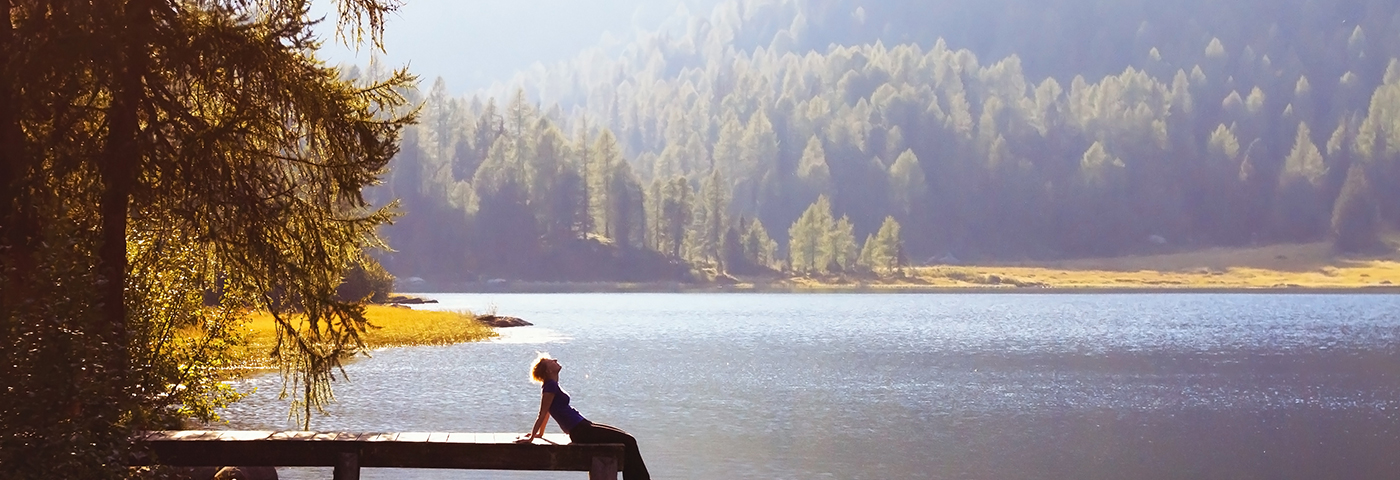Written above a doorway at London’s Horniman Museum is an Einstein quote that reads:
‘The environment is everything except myself.’
When I saw it last week it reminded me of both our smallness and the scale of our responsibility for fixing the damage we cause.
Having thought more a bit about it, however, I see it as typifying our detachment. After all, what it says is that nature is something else, that maybe should be protected – but for its own benefit, not for ours. It’s like all those cards in hotel bathrooms asking people to hang up their towels to ‘save the planet’. If we want to engage people – be they guests, staff or local communities – in our efforts to look after the world, we have to show how it benefits them.
Last week, National Geographic published its first Sustainable Impact Report, in which it assessed that the 55 lodges in its Unique Lodges of the World collection had rehabilitated and protected over 3.7 million acres of land and sea. “Proof that tourism — when done right — can be a powerful force for good in the world.”
Also, last week the Convention on Biodiversity declared that the theme for 2017’s International Day of Biodiversity on May 22 would be Biodiversity and Sustainable Tourism. “We very much welcome the decision taken by the Convention on Biological Diversity to emphasize the link between tourism and biodiversity,” commented UNWTO Secretary-General, Taleb Rifai. “Tourism is one of the best placed sectors to contribute to inclusive and sustainable development and, with the right policies in place, to preserving ecosystems, biodiversity and natural heritage.”
All this is correct, and welcome. But we can – and must – go further. It is not enough to say that sustainable tourism can protect the natural world. We need to explain to people that when we restore nature, we ensure that they can live healthier, happier lives.
The Japanese phrase ‘shinrin-yoku’ translates as ‘Forest Bathing’. From 2004 to 2012, Japan’s government invested around $4million studying the physiological and psychological effects of people simply spending time in healthy forests. The results? According to a recent article from the World Economic Forum, the Japanese practice of ‘Forest Bathing’ is scientifically proven to be good for you. Forest Bathing was proven to “lower heart rate and blood pressure, reduce stress hormone production, boost the immune system, and improve overall feelings of wellbeing.” It’s now part of the country’s national health programme.
This is not an isolated piece of research. Last month, Friends of The Earth Europe and the Institute for European Environmental Policy released the first report to draw together the evidence connecting access to nature with human health. In Denmark, people living more than 1km from green space are more likely to be obese than those living closer than 300m. Doctors prescribe fewer antidepressants in urban areas with more trees on the street. Access to nature can reduce childhood behavioural problems, such as hyperactivity, emotional symptoms and peer relationship problems.
Also last month, the UN published its first-ever report acknowledging healthy ecosystems as a human right. “People have the right to benefit from nature for their livelihoods and for rewarding and dignified lives,” commented IUCN Director General Inger Andersen. “This includes, for example, the right to food for all, for present and future generations, the right to water, the right to housing, the right to health and many other social, economic and cultural rights. All of these depend on functioning ecosystems and biodiversity.”
This is the space that people working in tourism who actively protect the environment need to inhabit. We need people to see that when we invest time and resources in regenerating the wild we aren’t doing it because we are treehuggers who care more about nature than we do about our fellow humans.
We need to tell people that what we’re doing will help restore their health and wellbeing. It will make them happier. After all that’s what most people are looking for when they book a holiday.


